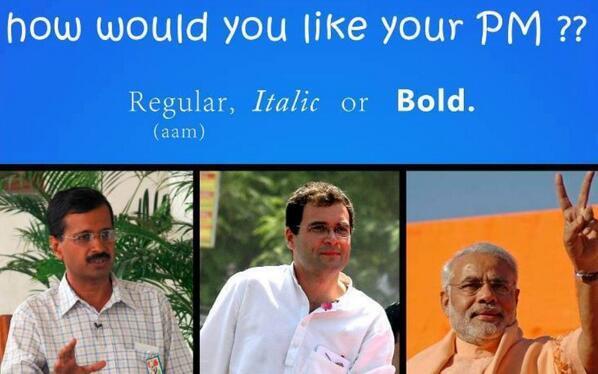There are two ways to look at it. State can mandate a cultural practice (IMO very wrong) or state can attest to a cultural practice (IMHO correct)., that is like a pujari and two elders are witness to a marriage., a marriage certificate indicates that the state is a witness either via attested proxies like the pujari or direct appointees like the magistrate.SwamyG wrote:Irrespective of what a clan or caste does, India has moved on (for bad or good) and disassociated itself with several past traditions. Isn't the Hindu Marriage Act that is foremost and decides if individuals are married or not?
One more reason to have a common act/law. Instead of one for the Hindus and having personal laws for people of other faith.
So when certain facilities are availed from the state, the certificate issued by state helps. Or when state is called to adjudicate on behalf of a vexed party, such an attestation helps. In this case the state is not incongruent to the culture. And let us say a modhwadia woman gets divorced, at the proceedings she can give 1.25 Rs to her ex and obtain her right to remarry. In fact state can recognize that and attest it as well. Where is the incongruency between the state and the culture?
The issues which UCC raises for the muslims is the "state interference" in Sharia. That is per sharia a muslim has a right to marry 4 wimmens and divorce using talaaq-talaaq-talaaq. So if sharia is applicable there, why not sharia for chopping of hands for thiefs? If rights are equal, why does a muslim man have more rights than a non-muslim? Also what about wimmen-rights? Should not muslim wimmen have the right to marry four husbands? Or why should state sanction polygamy for one section of population and not for another?
This is where secularism failed and this is where Nehru failed. He could have in the first 10 years itself ensured that getting off the sharia is good for the Muslims. Iran, Turkey and Afghanistan was progressive and he could have used that as a way to move the muslim community forward!


